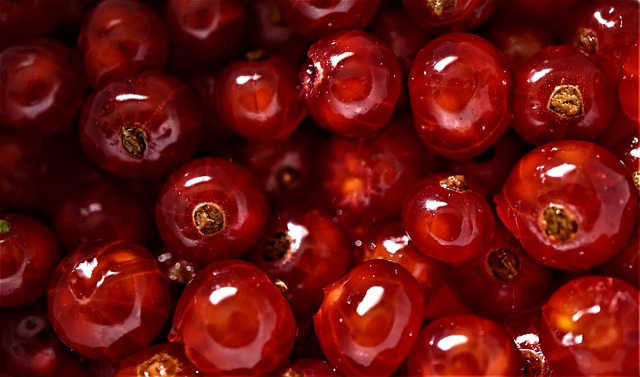When it comes to losing weight, there are countless diets and fads out there that promise quick results. But what if the solution to shedding those extra pounds was as simple as adding more probiotics to your diet?
Probiotics are live microorganisms, often referred to as “good bacteria,” that provide numerous health benefits when consumed in adequate amounts. They are found in foods and supplements and are most commonly known for promoting good digestive health.
But can probiotics really help you lose weight? The answer may surprise you.
The Gut-Weight Connection
Research has shown that there is a connection between the makeup of our gut microbiome and our weight. The gut microbiome is the collection of microorganisms that live in our digestive system, including both good and bad bacteria. When there is an imbalance in the bacteria in our gut, it can lead to various health issues, including weight gain.
One study found that people who are overweight or obese tend to have a different composition of gut bacteria compared to those who are at a healthy weight. Specifically, they have less of a type of bacteria called Bacteroidetes and more of another type called Firmicutes. This difference in gut bacteria can play a role in how our bodies absorb and store calories.
The Probiotic-Weight Connection
So how do probiotics fit into the picture? Studies have found that consuming probiotics may help to rebalance the gut microbiome and promote the growth of beneficial bacteria like Bacteroidetes.
One study of 125 overweight men and women found that those who took a probiotic supplement containing the bacteria Lactobacillus gasseri lost significantly more weight and belly fat over a 12-week period compared to those who took a placebo.
Another study of 210 individuals with obesity found that daily consumption of a probiotic supplement containing several strains of bacteria led to significant reductions in body weight and BMI over a 6-month period compared to a control group.
How Probiotics May Aid in Weight Loss
While more research is needed in this area, there are several ways in which probiotics may help with weight loss:
- Promoting feelings of fullness: Some research suggests that certain strains of probiotics may help to increase levels of certain hormones that signal feelings of fullness, which may lead to a reduction in calorie intake.
- Reducing inflammation: Chronic inflammation in the body can contribute to a variety of health issues, including obesity. Probiotics have been shown to reduce inflammation in the gut and throughout the body.
- Increasing fat excretion: Some strains of probiotics may help to prevent the absorption of dietary fat and increase fecal fat excretion, leading to a reduction in calorie absorption.
It’s important to note that while these potential benefits are promising, not all probiotics are created equal. Different strains of bacteria may have different effects on the body, and the amount and frequency of probiotic consumption can also play a role.
Incorporating Probiotics into Your Diet
If you’re interested in incorporating more probiotics into your diet to aid in weight loss, there are several options:
- Probiotic supplements: There are many different types of probiotic supplements available, containing various strains and dosages. It’s important to choose a high-quality supplement from a reputable brand.
- Probiotic-rich foods: Foods like yogurt, kefir, kimchi, sauerkraut, and miso all contain beneficial probiotics. Look for probiotic-rich options in the refrigerated section of your grocery store.
- Prebiotic foods: Prebiotics are a type of fiber that feeds the beneficial bacteria in our gut. Foods like onions, garlic, bananas, and whole grains are all good sources of prebiotics.
The Bottom Line
While more research is needed, there is evidence to suggest that probiotics may aid in weight loss by rebalancing the gut microbiome and promoting the growth of beneficial bacteria. If you’re interested in incorporating probiotics into your diet, talk to your healthcare provider and consider adding probiotic-rich foods or supplements to your routine.







